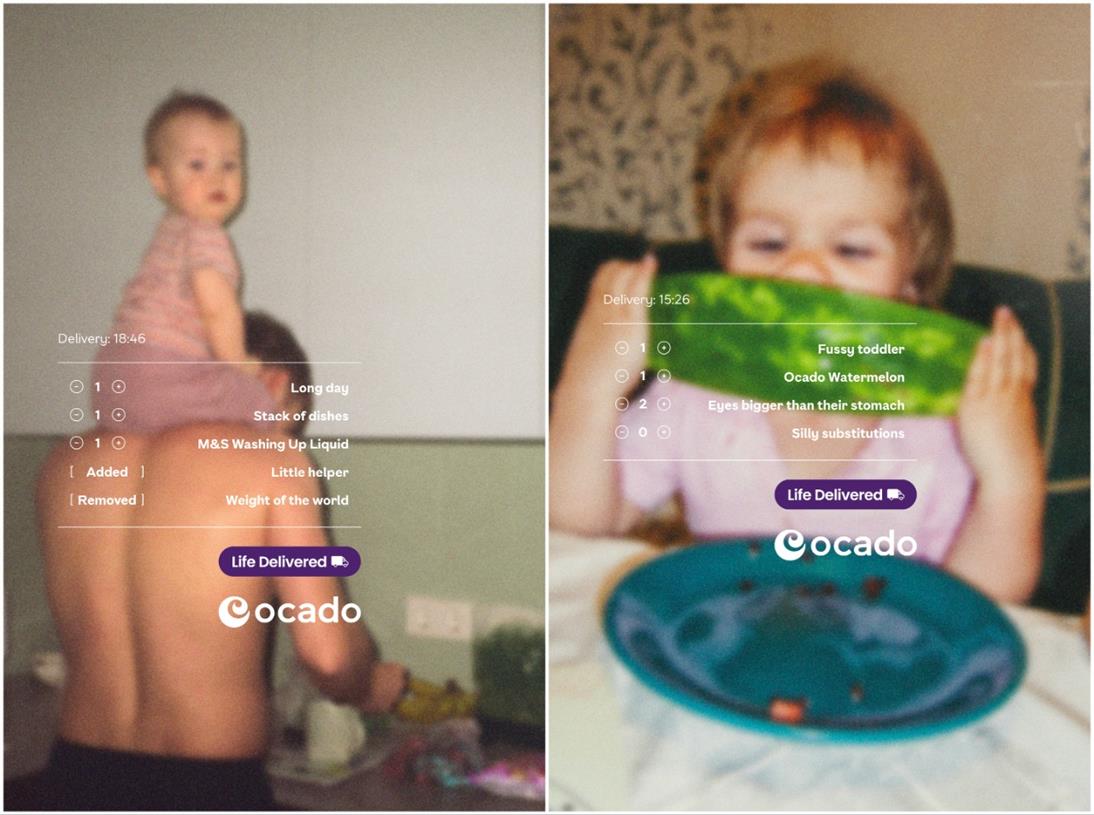Don't make this mistake when reaching out to someone on LinkedIn: It's 'terrifying,' says career coach
When you reach out to a stranger about an informational interview, begin by asking a simple question they can answer via emai

Informational interviews are useful for a myriad reasons. They can help you learn more about a role in your industry or about another industry altogether. They can help you find a mentor as you grow in your field. And they can potentially help you to land a job offer down the line.
Nabbing one is always easiest when you know the person directly or someone in your orbit knows them and can make an introduction. But you can still cold message someone via LinkedIn or email and ask for one even when you don't know them. If you do, when you're reaching out, "I really recommend against immediately asking them for time," says career coach Phoebe Gavin.
Here's how she recommends building up that correspondence.
'Ask one clear, specific question'
Big picture, "time is our most finite and most scarce resource," Gavin says. People who have been in the workforce for a while and are established in their careers are probably "juggling life responsibilities and a big job," she says. They are less likely to give up their time for a stranger.
Instead of asking for that informational interview immediately, start with a much smaller ask. Whether via LinkedIn or email, send a message introducing yourself in a couple of sentences, "letting them know that you would be really interested in their insights," she says, "and ask one clear, specific question that is related to the general theme of insights that they could answer via email."
If you ask something simple and straightforward like what their favorite professional organization is, about a book that helped them in their career or a podcast that helped them get better at their job, they are much more likely to reply.
That then "opens up a conversation," she says.
Start with 15 minutes
Once you've taken their advice and joined the organization, read the book or listened to the podcast, respond to their email and thank them for the help and response.
This time, include another question, and if you'd still like to have an informational interview, say something like, "if it's easier, we could just talk for 15 minutes," says Gavin. "I'd be happy to jump on a call if that would be more convenient for you." That way you're opening up the idea of giving you some time but not asking for it directly.
"It doesn't take much to get someone to a point where they believe that giving you time is worth it," she says, "But most people jump all the way to, 'Yeah, can I take you out for coffee,' which is terrifying," because the person you're reaching out to doesn't have a sense of who you are and what that could mean.
Don't say 'pick your brain'
One final word of advice when it comes to cold emailing or LinkedIn messaging: Gavin really recommends against using the phrase "pick your brain." It feels transactional.
Those on the receiving end of your message are "happy to be compensated in warm fuzzies, feeling like we have helped someone" build their career, she says. That's motivational. But not if it feels like you'll hound them with questions then disappear.
Try using phrases like "get some of your unique insights," "learn from your experience or expertise" or "get a glimpse into your process" instead, she suggests.
Want to stop worrying about money? Sign up for CNBC's new online course Achieve Financial Wellness: Be Happier, Wealthier & More Financially Secure. We'll teach you the psychology of money, how to manage stress and create healthy habits, and simple ways to boost your savings, get out of debt and invest for the future. Start today and use code EARLYBIRD for an introductory discount of 30% off through September 2, 2024.
Plus, sign up for CNBC Make It's newsletter to get tips and tricks for success at work, with money and in life.


 UsenB
UsenB 






























